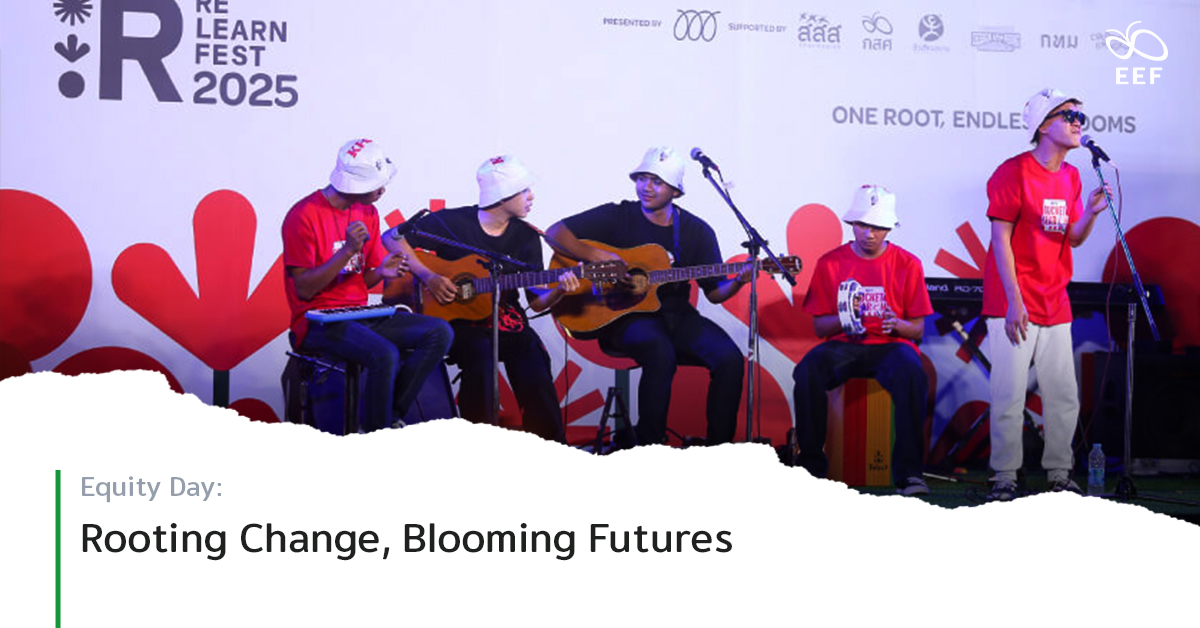
In 2025, Museum Siam came alive as a vibrant hub of creativity and learning as it hosted “Relearn Festival 2025,“ a dynamic gathering for children, youth, and families. At its core was “Equity Day,” an initiative by the Equitable Education Fund (EEF) Thailand dedicated to cultivating inclusive learning environments where every child, regardless of their educational path, can thrive. Talks from the Thailand Zero Dropout Committee, with the EEF as the secretariat, and other key agencies highlighted remarkable progress in reintegrating out-of-school children, with a showcase of students from the initiative reinforcing the idea that, within a supportive ecosystem, potential knows no bounds. Deepening the conversation, the panel “Opening Hearts: Safe Spaces for Children” urged adults to foster spaces where young minds can chart their own paths. Organized with MAPPA Media, Museum Siam, the Thai Health Promotion Foundation (Office 4), the Bangkok Metropolitan Administration, and Bangkok Design Week 2025, the festival echoed a powerful truth: just as a single root can yield endless blossoms, so too can a well-nurtured child flourish in infinite ways.
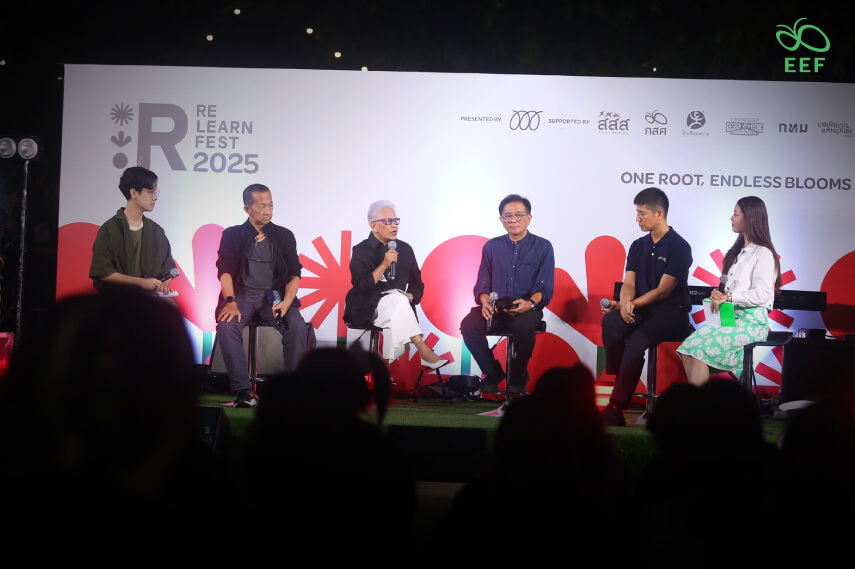
A talk by the EEF revealed that through the collaboration of 11 relevant agencies, 304,082 of the 1,025,514 unregistered children in 2023 — roughly 30% — have successfully re-entered the educational system. These children receive tailored support that addresses their unique needs through case-by-case management, covering education, well-being, living conditions, and social environments, with flexible learning pathways — integrating income-generating opportunities through the “Learn to Earn” approach — to cater to their diverse needs. Yet, these interventions have unearthed deep-seated trauma among many students, often stemming from violence — intentional or otherwise — within families, schools, and communities. Effective reintegration thus begins with physical and emotional recovery, ensuring a stable foundation for further learning. For sustainable inclusion, two factors must prevail: learning environments that are safe, dignified, and grounded in respect for rights, diversity, and equal opportunities; and an educational model that shifts toward flexibility, allowing students to shape their own learning — and this shift calls for collective action from families, schools, and communities alike.
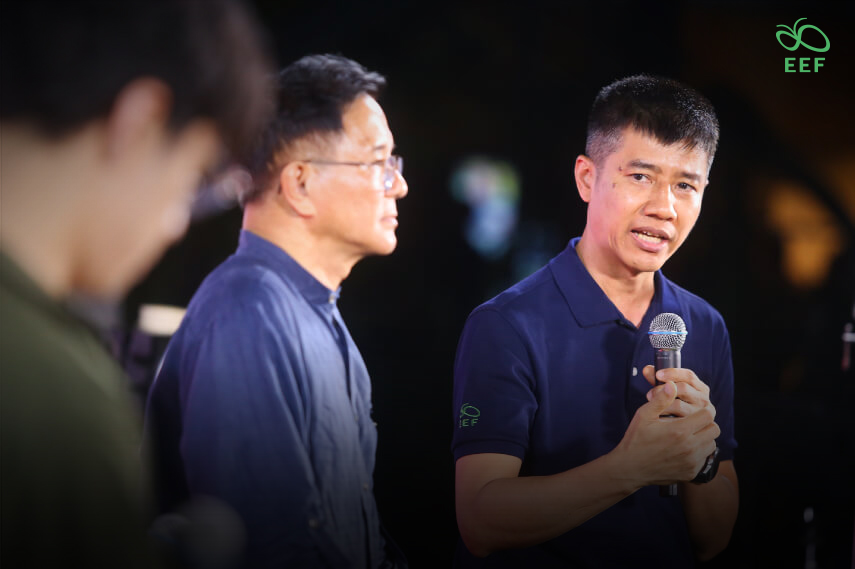
Emerging from local initiatives as a model to prevent and address educational exclusion has been the EEF’s “Education Safety Net.” This model comprises three components: First, “1-School- 3-System” integrates formal education with real-life work experience through flexible curricula. Schools employing models like the “Dual System Classroom” offer children who have dropped out the opportunity to balance academics with employment, seamlessly integrating work time into assessments. This holistic approach ensures not only academic success but also the development of practical skills for long-term career prospects.
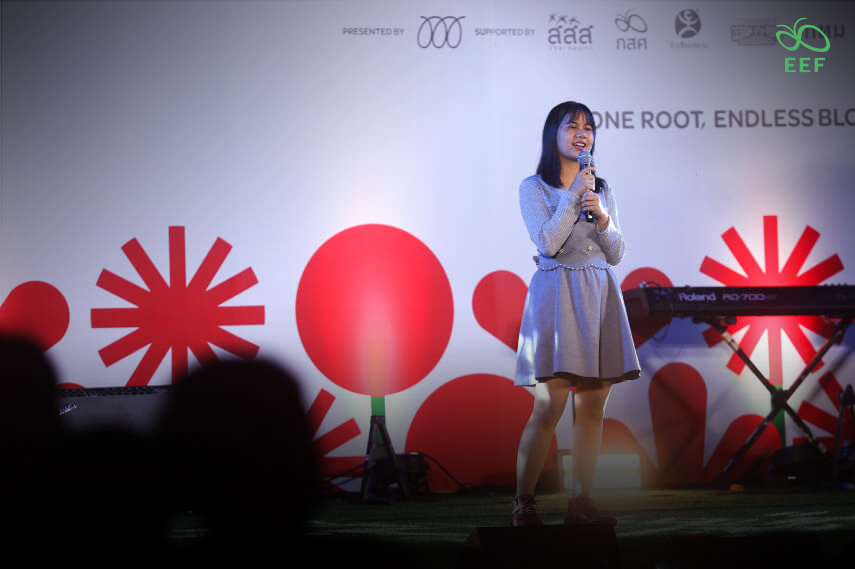
The second component, “Learning Centers,” established under Article 12 by social institutions and the Department of Learning Encouragement, supports children facing significant educational barriers. Centers like “Rong Rean See Tarang Wa” (4-Square-Meter School) offer adaptable curricula for children without formal schooling or those involved in the justice system. Finally, the third component, “Community Learning Centers,” takes education beyond the classroom with adaptable models that allow students to learn anytime, anywhere. The “Mobile School” initiative, for example, brings education directly to learners, offering a flexible curriculum tailored to their career aspirations and personal interests. By breaking the constraints of traditional classrooms and integrating family and community support, these centers provide non-traditional pathways for reintegration, ensuring education remains accessible to all.
Through these concerted efforts, greater accessibility for diverse learners has been ensured, with structural barriers to education successfully dismantled. Personalized curricula that reflect local contexts and cultural needs have been implemented, allowing progress to be assessed individually and learning experiences to be more tailored, while work-based learning has been integrated to foster the continuity between education and career development — all facilitated by Credit Bank, enabling the seamless transfer of academic and professional qualifications, thereby strengthening long-term educational and career prospects for all children.
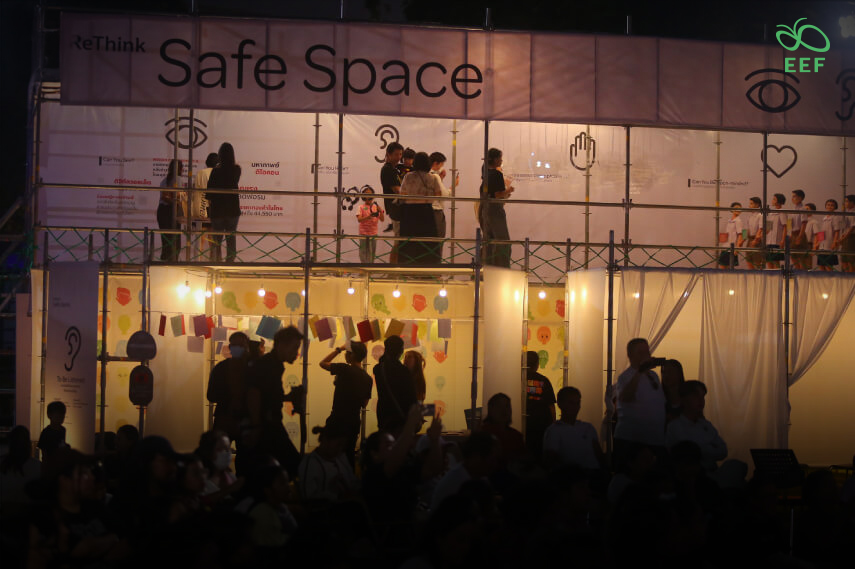
Expanding on these innovations presented in the EEF talk, the panel “Opening Hearts: Safe Spaces for Children” convened professionals from diverse educational and social organizations, each sharing distinct strategies for supporting children and youth. At the Ba Ngo Yue Ring Mosque Islamic Learning Center, efforts focus on expanding access to education for girls discouraged from studying beyond Grade 6 due to ingrained social norms, creating a safe space for learning and growth. Structured activities — performances, skill-building camps — empower girls, building confidence and practical expertise, some even launching small businesses to support their families. By redefining education beyond formal schooling, the initiative dismantles restrictive perceptions and demonstrates alternative pathways to success, cultivating a nurturing environment free from bias.
Meanwhile, the Lifelong Learning Institute for Society targets youth involved in the justice system or those at risk, providing them with safe spaces to reshape their self-image and societal perceptions. By integrating these young individuals into meaningful social service initiatives, the program fosters a sense of belonging that encourages broader participation, organically expanding safe spaces. In Charoen Tham, a high-risk community, outreach workers build trust through sustained presence, breaking down barriers in this “red zone.” In this program, weekend activities serve as entry points, embedding lessons on drug awareness that ripple through households, prompting parental support.
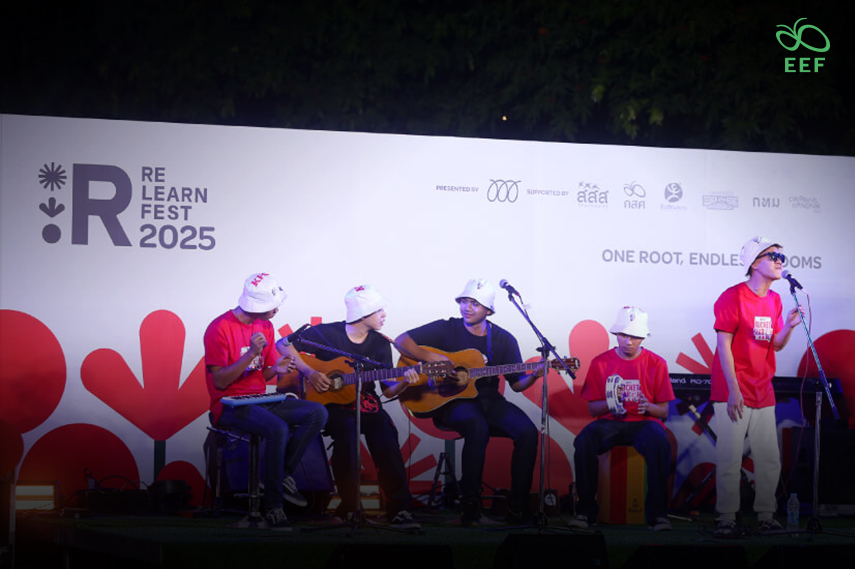
Further reinforcing these efforts, KFC’s “Bucket Search” project equips out-of-school youth with essential entrepreneurial skills for career and financial independence through its “Vocational and Entrepreneurship Curriculum.” By creating a safe space for exploration, children dive into diverse fields, from restaurant operations to creative industries like music and nail art, gaining hands-on experience beyond traditional classrooms. Rooted in the belief that growth thrives in a bias-free environment, these aforementioned initiatives empower individuals by ensuring they are heard and understood, while emphasising practical training and entrepreneurship to facilitate their reintegration into society and the workforce. Thus, what began as cautious interaction has now evolved into a stable, protective network, proving that persistence can transform even the most fragile environments into safe spaces.
Every child deserves the freedom to shape their own life — but only with access to the right information. Supporting this journey are three essential institutions: family, whether biological or a space of belonging, fostering confidence and independence; school, a marketplace of knowledge where children choose what fits their path; and life itself, where real-world challenges build resilience, teaching lessons beyond the classroom. Yet at every stage, one force must remain unwavering: the creation of safe spaces, ensuring that safety and resilience are not only possible but thrive, and adults must actively foster and protect these environments. Already, 300,000 out-of-school children have returned to education, a testament to the success of the Equitable Education Fund (EEF) Thailand’s “Education Safety Net.” Designed to prevent and support at-risk students, this initiative has proven its effectiveness, offering flexible learning opportunities and fostering safe spaces for every child. Now, society is called to action — to expand these efforts, to create environments where learning is not a privilege but a promise.
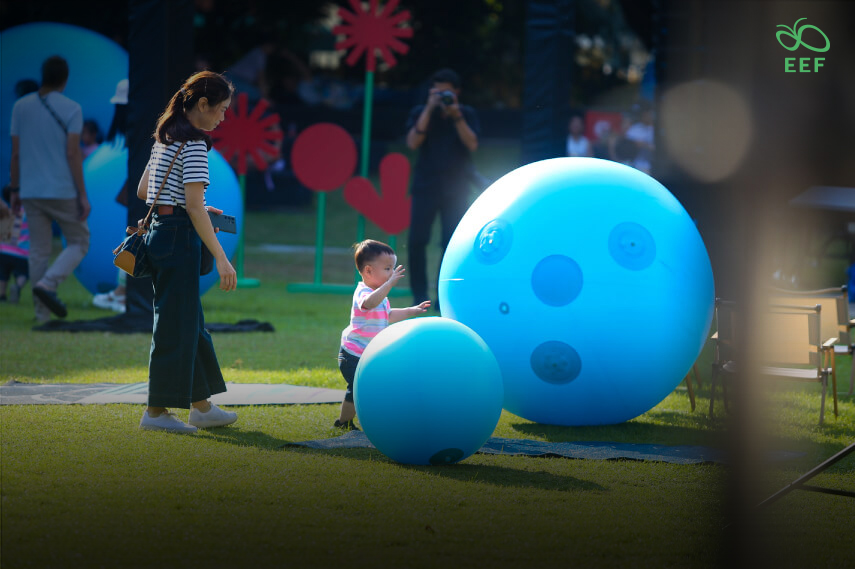
All For Education is all about people; only when all is in for education is Education For All. Join the movement to reduce educational inequality. Support the EEF by donating to fund research, partnerships, and assistance for children, youth, and adults in need of educational support. Click the link to contribute today and help create a society where education is open and equal for all. Together, we can make a lasting impact.

